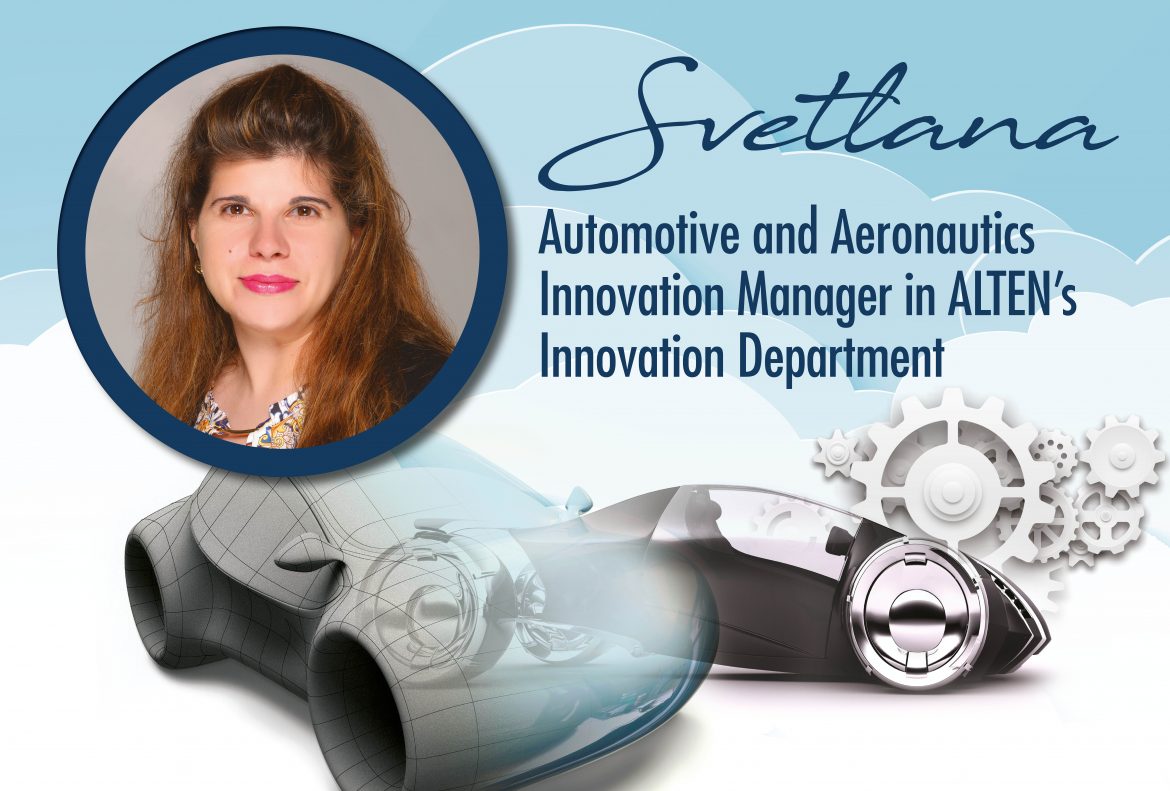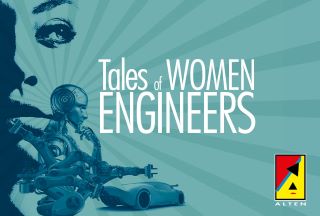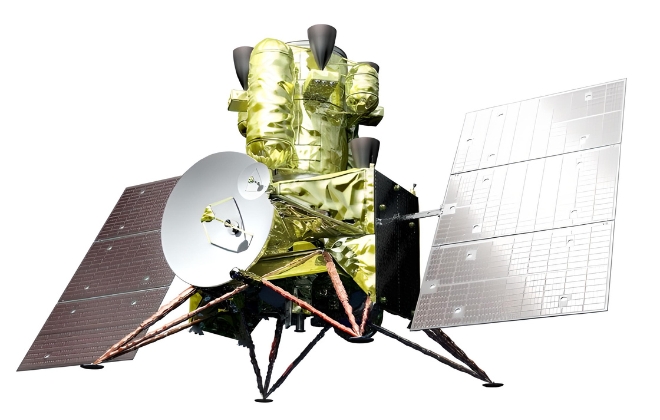Svetlana, Automotive and Aeronautics Innovation Manager in ALTEN’s Innovation Department
“My passion for space programmes came from observing my brother, a professor in transport science,” recalls Svetlana. Originally from Bulgaria where she completed her secondary education at a French school, she then studied electrical engineering at the Technical University in Sofia, taught in French, and graduated with a dual French-Bulgarian degree in Automation Engineering.
Teaching and expertise combined
She gained experience in robotics for medical use for the IRCAD laboratory in Strasbourg, then in monitoring of drone trajectories on a second internship. She then had to decide whether she wanted to work in the medical or space sector . In the end she wrote her thesis, published by Université Paris-Saclay and supervised by the French National Centre for Space Studies (CNES), about systems for launching reusable satellites.
Svetlana wanted to work in research and teaching so became a Director of Studies. Between 2012 and 2018 she worked at three schools simultaneously, particularly on subjects related to smart energy distribution or planning missions for autonomous aircraft.
All of her scientific research is an unending source of solutions to respond to industrial challenges. She therefore joined the ALTEN Group’s Innovation Department.
Miles of autonomy
“My school was 200km from my family. I have always thought that people waste time on transport so, whether land, air or space transport, I think we should work to optimise them through automation”.
As Innovation Manager / Automotive and Aeronautics Project Manager, Svetlana contributes to innovation for autonomous vehicles and aircraft, or for the cockpit of the future.
For the autonomous driving project , she carries out automated scenarios and specific uses, such as for the ADAS function (advanced driver-assistance systems). Svetlana has more than 20 people who she is in constant collaboration with every day. “This diversity of contributors and multitude of experiences is what helps to build reliable solutions,” she emphasises.
The project related to the cockpit of the future requires juggling between coordination of tasks, identification of materials and analysis of research into the functional electronics that make this modular cockpit possible.
The technical aspect involves logic and innovative ideas and requires a creative mind. This stimulating combination is helped by “working in a team with people of different backgrounds, especially when you know that you are contributing to the technological advances of tomorrow,” Svetlana concludes.
She believes that her multicultural background gives her an international view which is a real asset for sharing her research and experience with her partners. Svetlana is convinced that the future of engineering is one of diversity.













